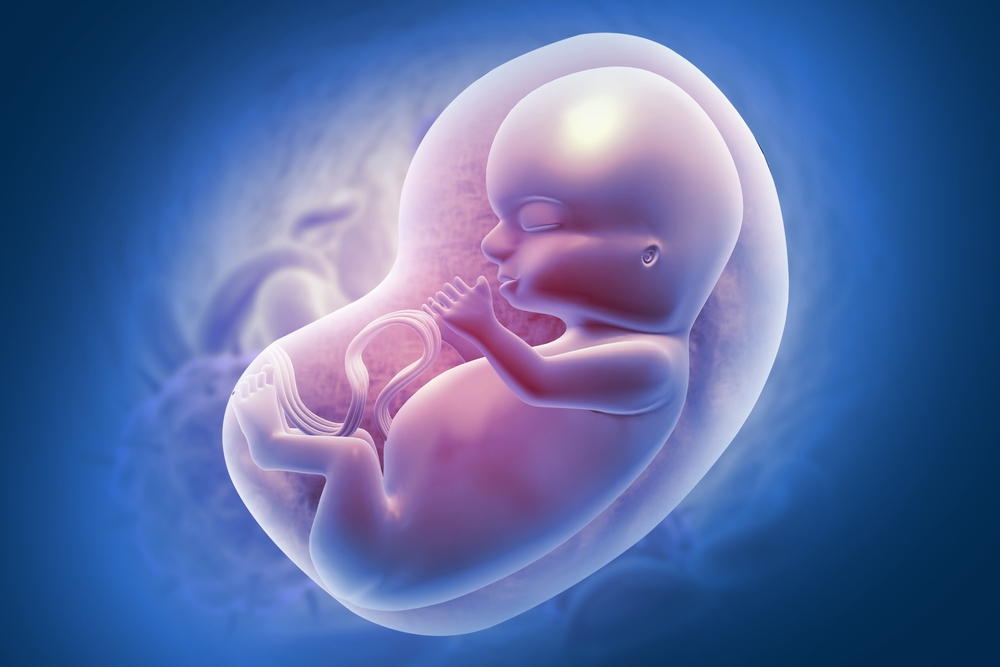Now Reading: Healthy Prenatal Care Linked to Lower Risk of Psychiatric Disorders
-
01
Healthy Prenatal Care Linked to Lower Risk of Psychiatric Disorders
Healthy Prenatal Care Linked to Lower Risk of Psychiatric Disorders

Swift Summary:
- Study Focus: Recent research highlights the role of the placenta in neuropsychiatric disorder development, with DNA methylation as a key factor.
- Findings: Placental modifications affect gene expression tied to disorders like schizophrenia, bipolar disorder, major depressive disorder, ADHD, and autism.
- Impact of Stress: Stressors during pregnancy influence placental environment quality and fetal health outcomes.
- DNA Modifications: Epigenetic changes (like DNA methylation) in the placenta are influenced by genetics and external factors such as diet and pollutants. They play a critical role in fetal neurodevelopment.
- Future Implications: Identifying genetic risk factors at prenatal stages could lead to early interventions for psychiatric disorders through personalized treatments or prevention strategies.
Indian Opinion Analysis:
The discovery of a direct link between placental DNA modifications and psychiatric disorders represents an critically important step forward in medical science. For India-where healthcare challenges surrounding mental illness remain meaningful-the possibility of diagnosing risks during pregnancy opens doors for preventive strategies that could reduce long-term societal impacts from conditions like schizophrenia or autism.
With maternal stress emerging as a key determinant influencing these genetic risk factors, tackling socio-economic disparities that exacerbate stress during pregnancy becomes even more crucial. Investments into maternity care that include nutritional support programs or pollution control measures can help foster healthier environments conducive to optimal fetal development.
This research raises awareness about prioritizing mental health at its earliest stage-the womb-and could influence public health policies regarding prenatal care to better address India’s growing healthcare needs.























